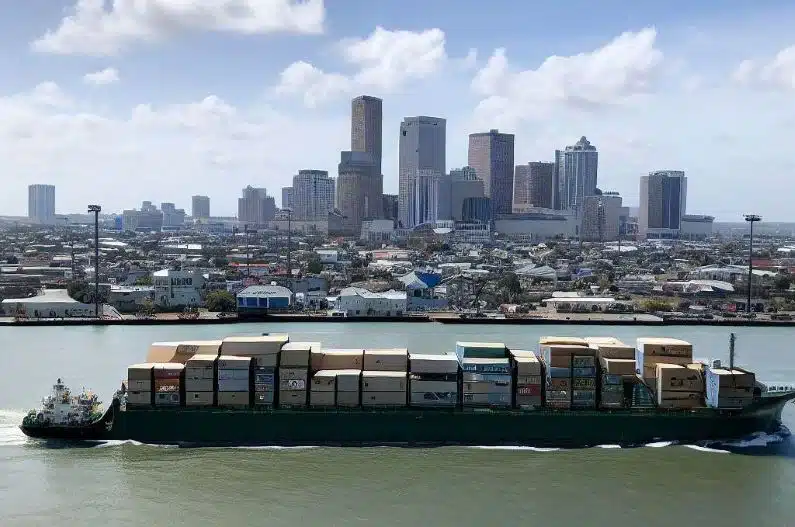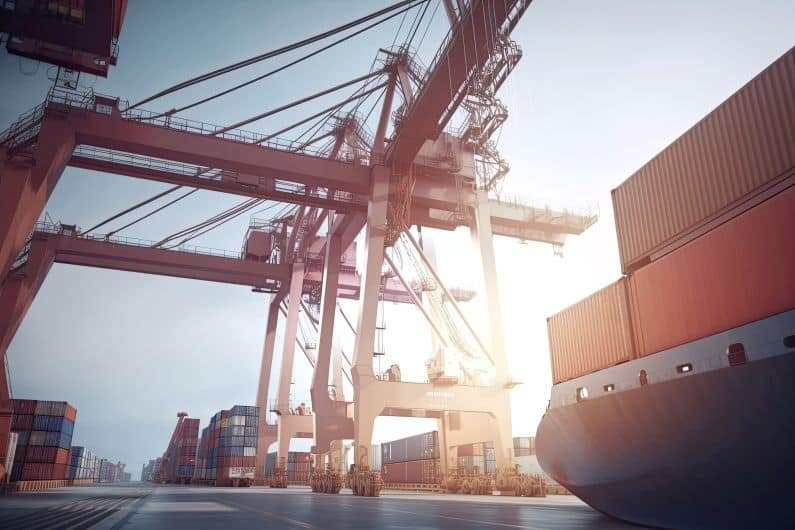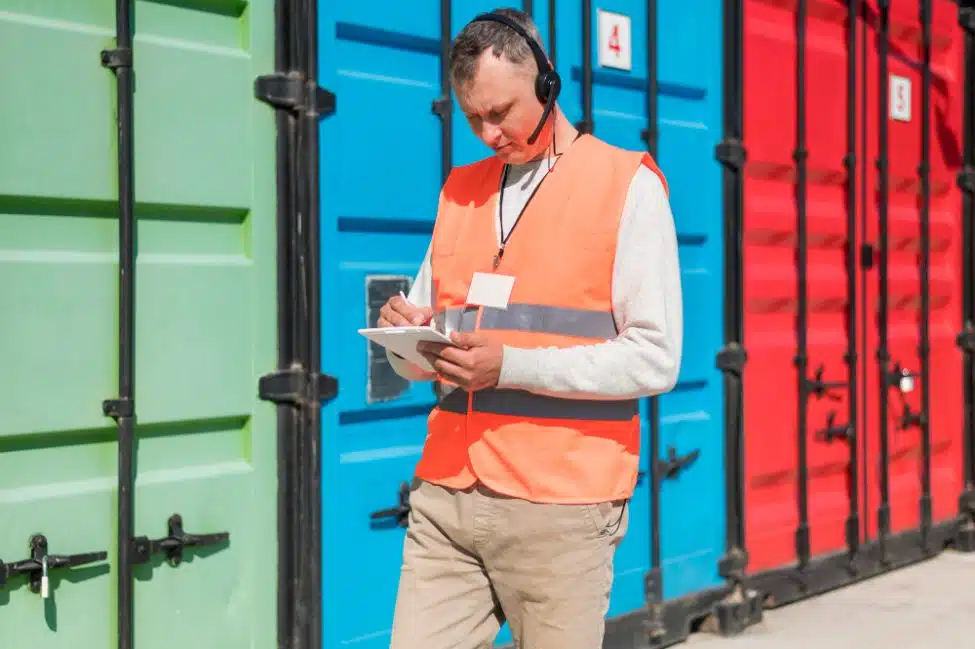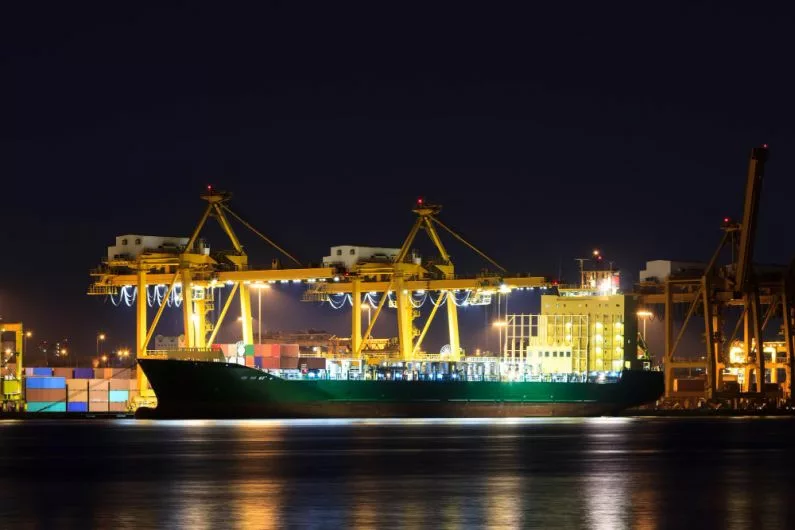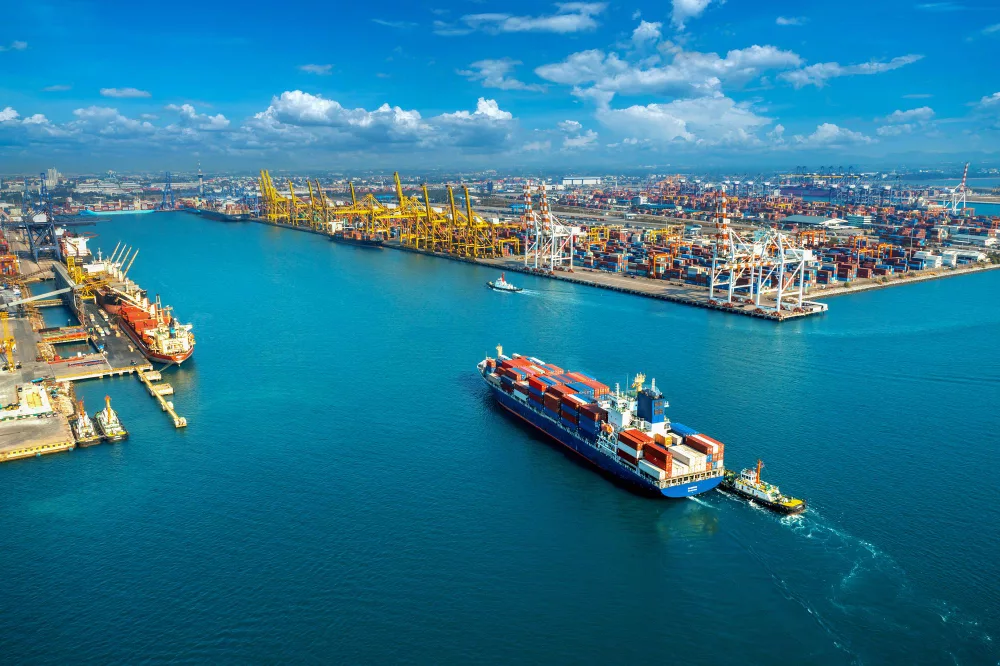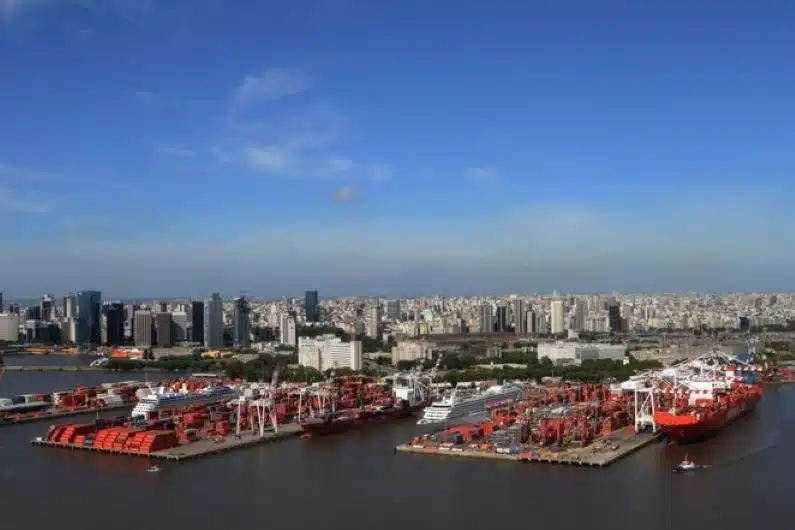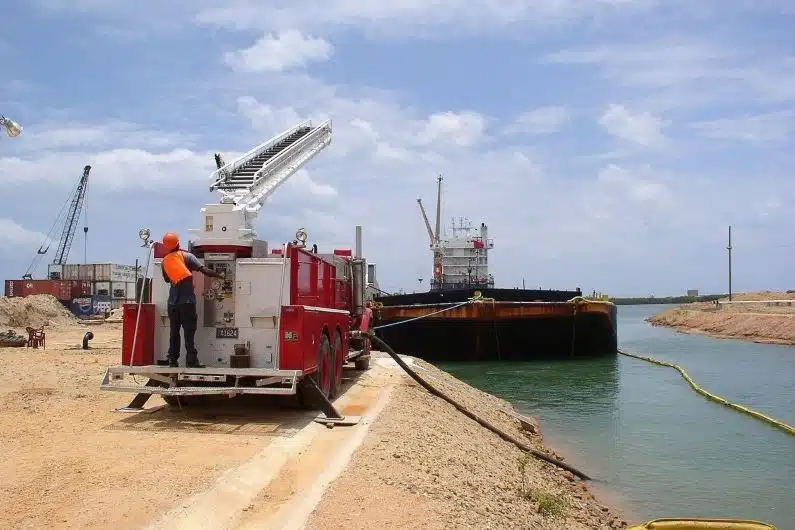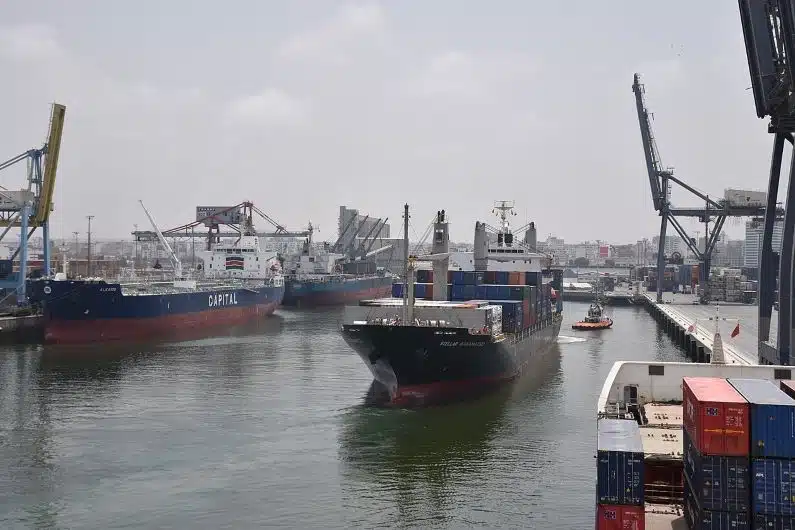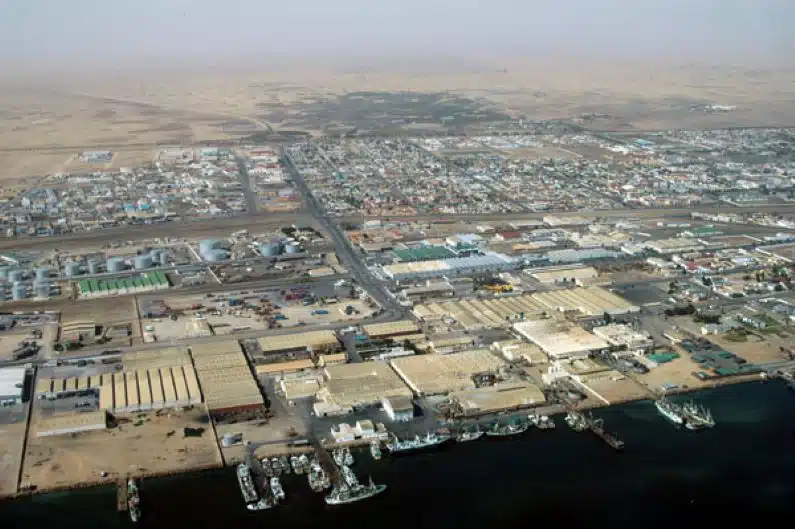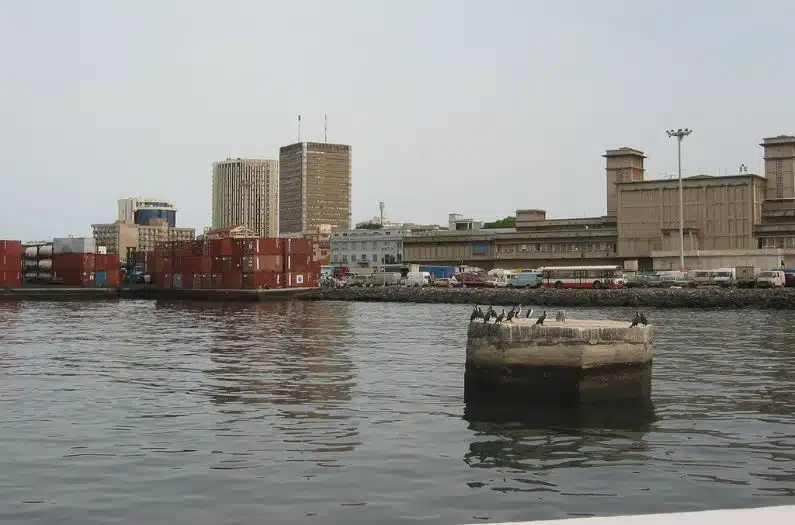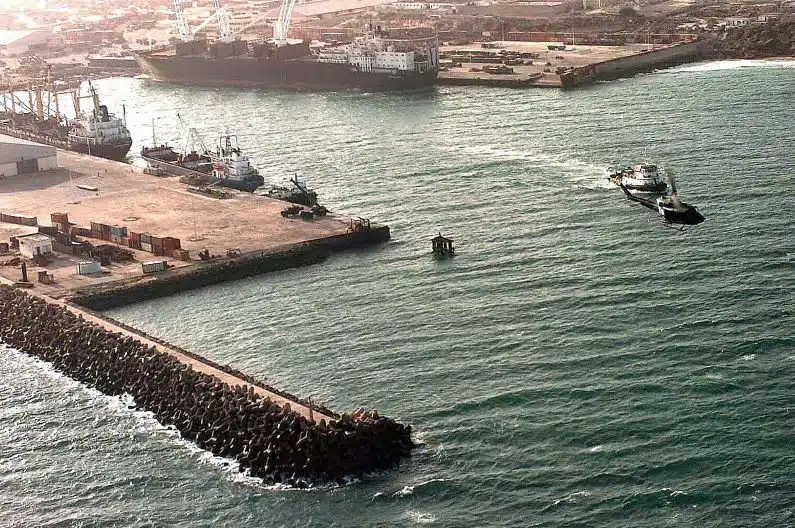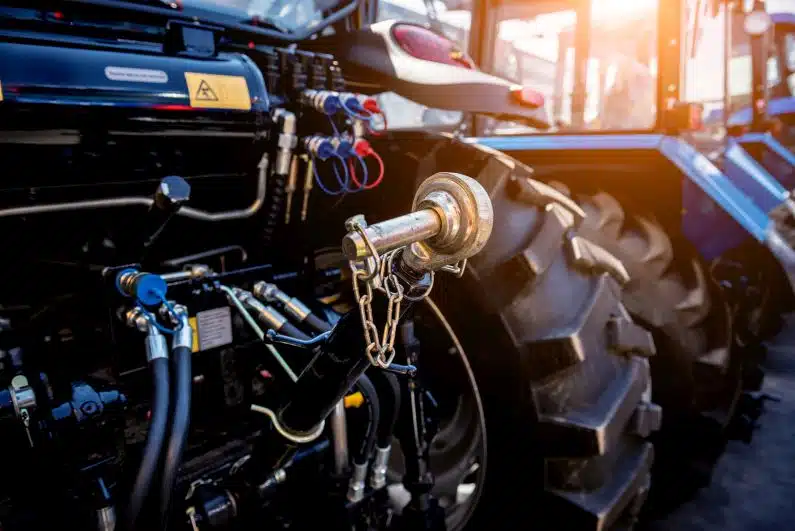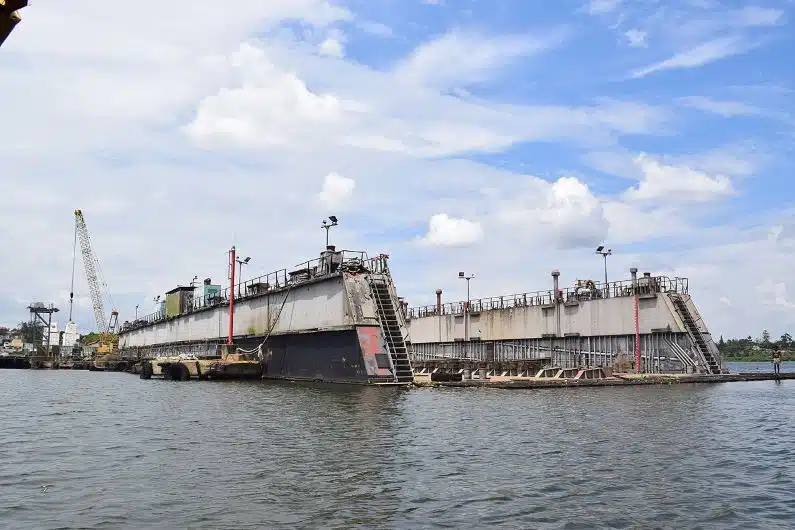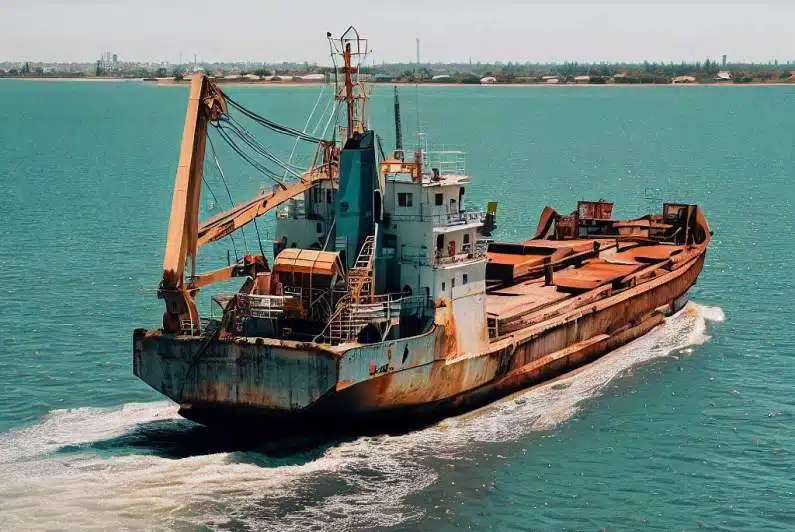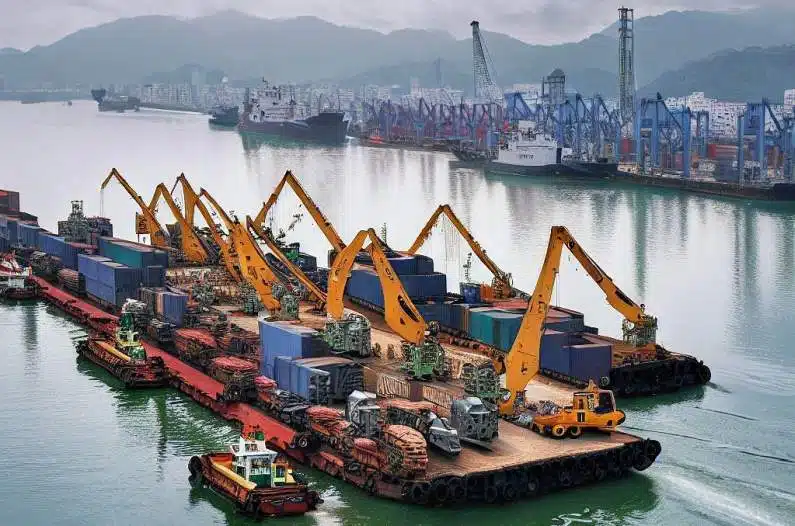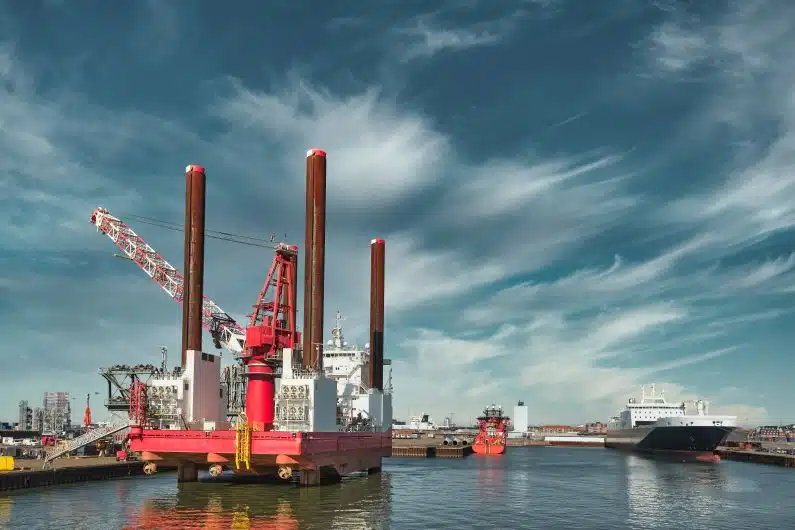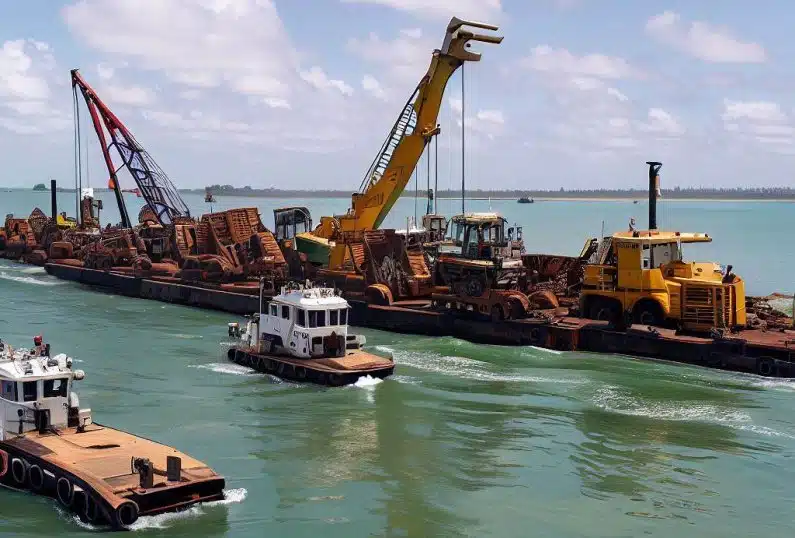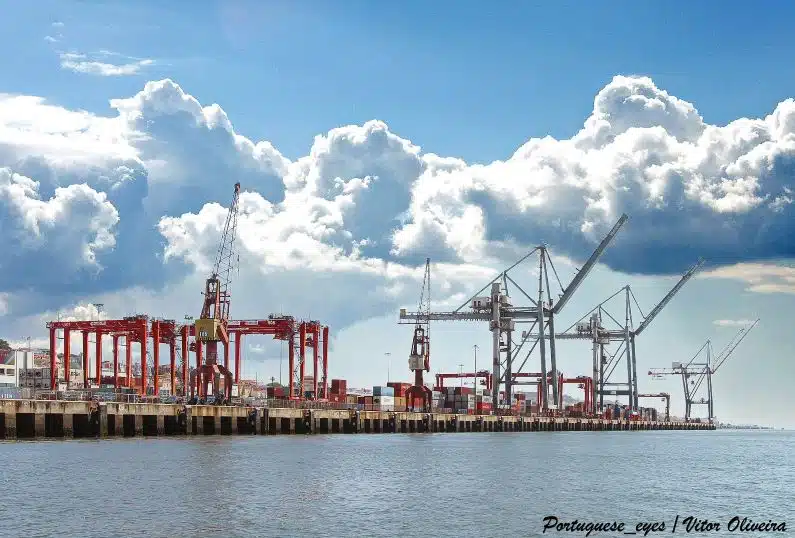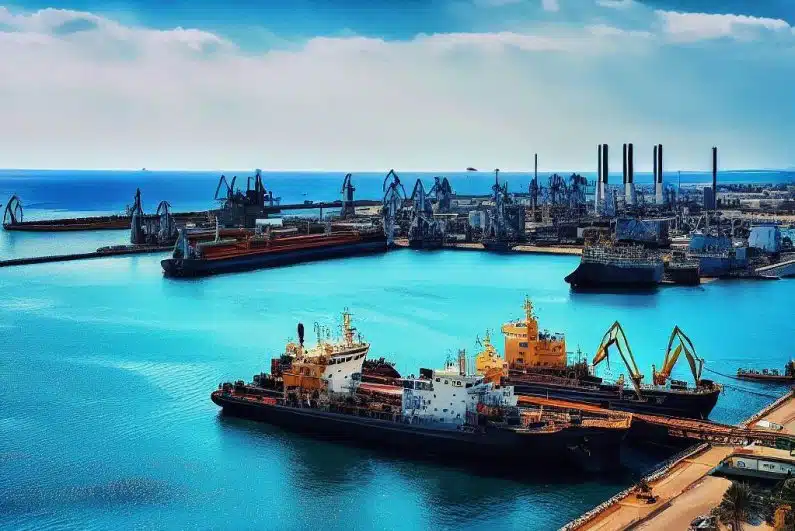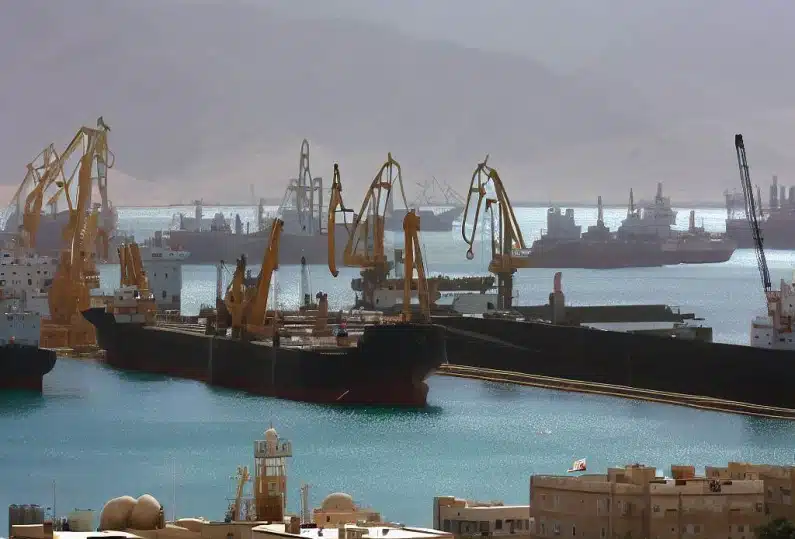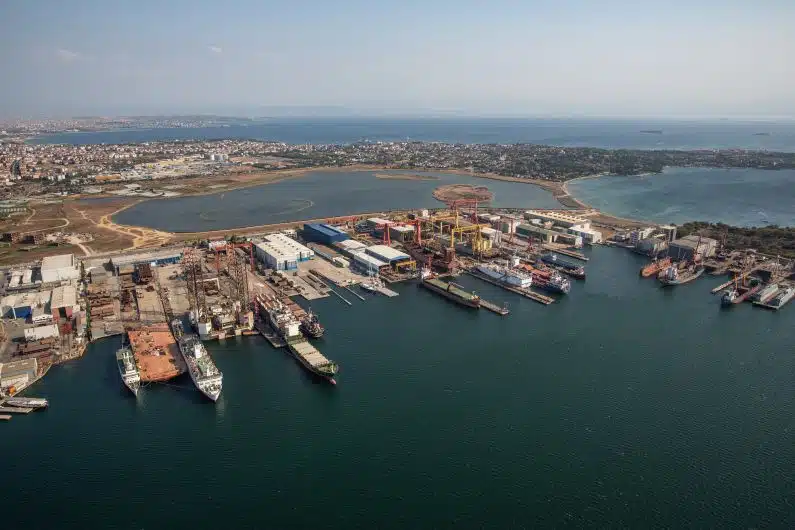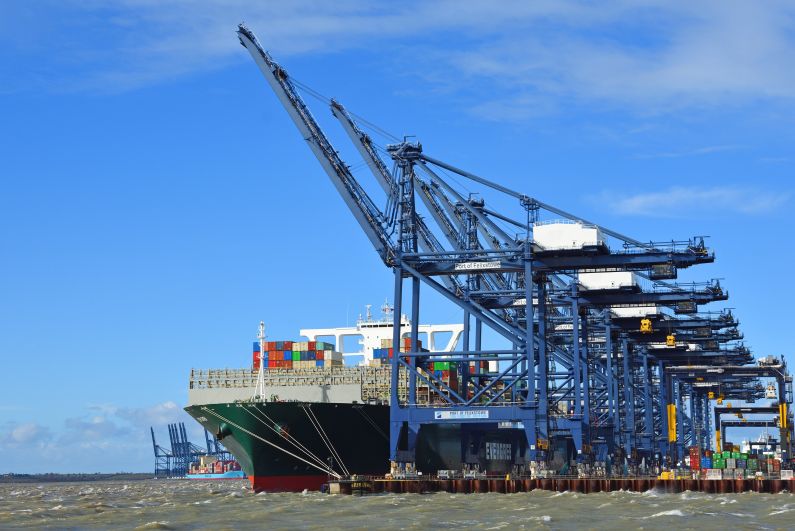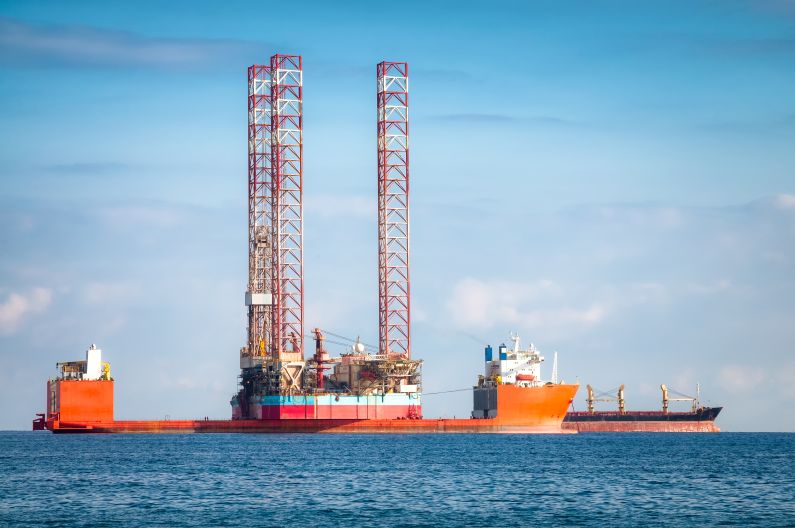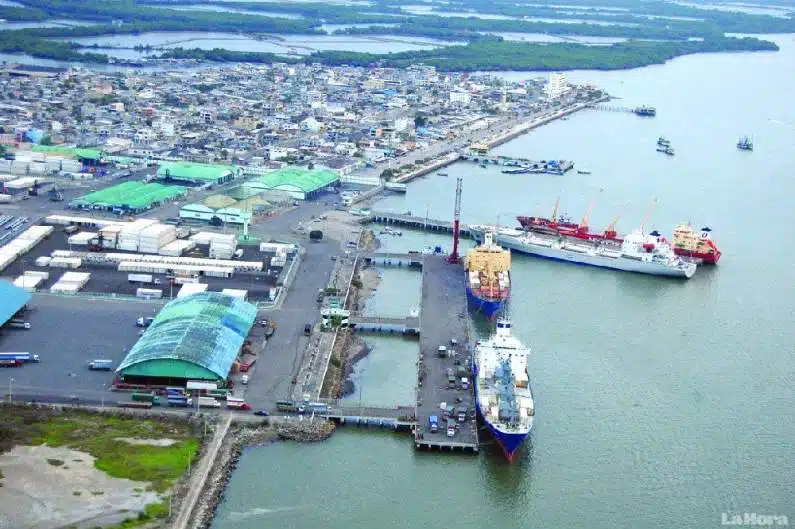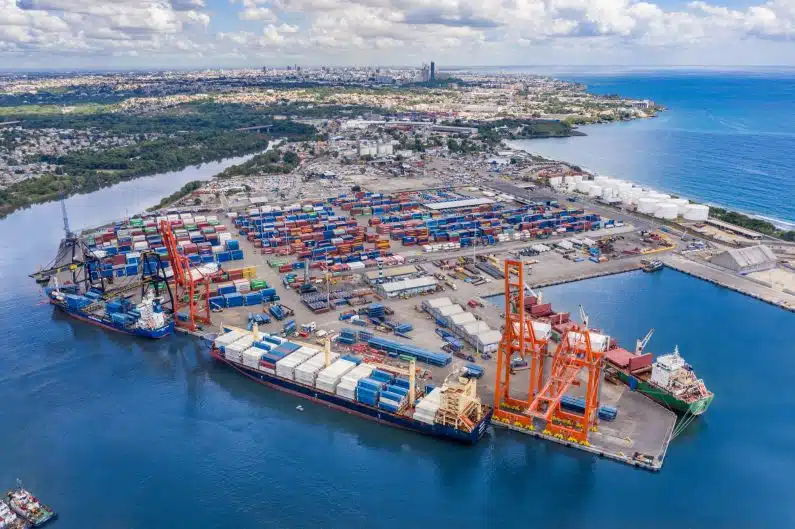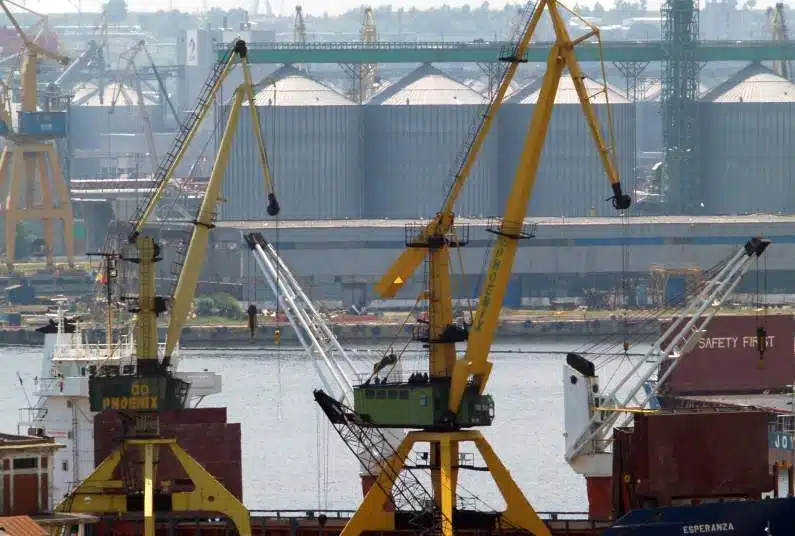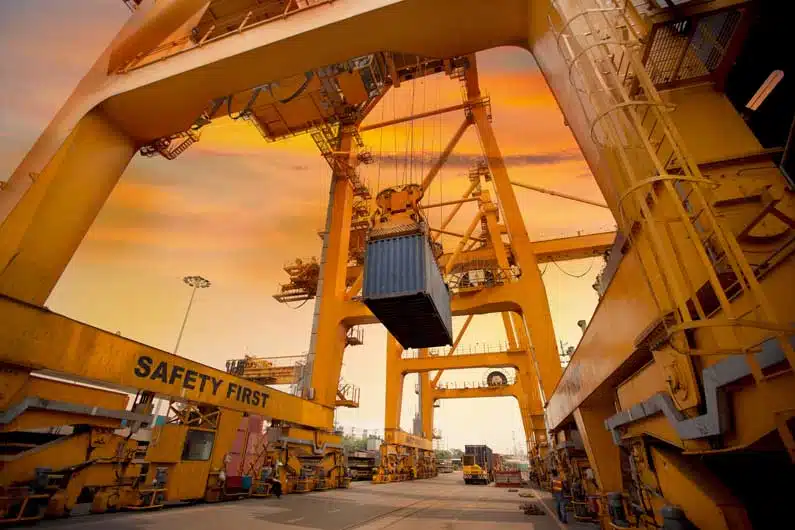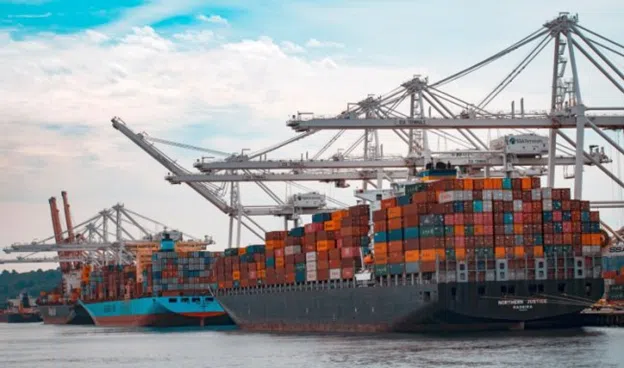Heavy equipment and oil machinery transportation to cities all over the US, plays a pivotal role in supporting industries such as construction, oil and gas, and manufacturing.
One key transportation route that facilitates the movement of these assets is from Houston to New Orleans.
In this article, we will explore the importance of heavy equipment and oil machinery transportation to New Orleans, highlighting its impact on regional development and the steps involved in ensuring a successful transportation process.
Machinery Transportation to New Orleans
Heavy equipment and oil machinery transportation to New Orleans catalyzed the city’s economic growth, job creation, and industry expansion.
It sustains the energy sector, supports infrastructure projects, and contributes to the overall development of the region.
By facilitating the seamless transportation of these assets, New Orleans continues to play a critical role in the nation’s energy landscape and reinforces its position as a key player in the global industrial arena.”
In addition to its industrial significance, New Orleans’ strategic location along the Mississippi River makes it an ideal transportation gateway for heavy equipment and oil machinery.
The city’s well-established logistics infrastructure and access to major roadways enable efficient delivery to various destinations, both within Louisiana and across the United States.
Understanding the Equipment
Understanding the equipment being moved is vital for the successful and efficient transportation of heavy equipment and oil machinery transportation to New Orleans from Houston.
It ensures proper handling, compliance with regulations, secure loading, efficient logistics, effective communication, and risk management.
By understanding the equipment, stakeholders can minimize risks, prevent damage, and ensure the timely delivery of valuable assets, contributing to the overall success and profitability of projects in New Orleans’ industrial landscape.
Proper Handling
In the realm of transporting heavy equipment and oil machinery within the US and internationally, every type boasts distinctive attributes encompassing their characteristics, sizes, weights, and dimensions.
Acquiring a comprehensive understanding of these particularities is paramount to guaranteeing meticulous handling throughout the stages of loading, transportation, and unloading.
Any mishandling of these processes could potentially result in detrimental consequences such as damage, accidents, operational disruptions, delays, and unforeseen financial burdens.
Hence, adhering to proper handling practices is imperative to maintain operational efficiency, mitigate risks, and safeguard against avoidable setbacks while transporting to New Orleans or any other destination, such as Atlanta and San Antonio to name a few.
Compliance With Regulations
Heavyt Machinery transportation to New Orleans involves compliance with various safety and transportation regulations.
Different equipment may have specific requirements, such as permits for oversized or hazardous loads. Understanding these regulations ensures legal compliance, avoiding penalties and delays in the transport process.
Secure Loading and Transport
Proper loading techniques are critical to secure the equipment on trucks, trailers, or containers.
Understanding the equipment’s weight distribution, structural integrity, and securement requirements ensures that it remains stable and protected during transit.
Secure loading prevents damage, accidents, and potential risks to the equipment, transporters, and other road users.
Risk Management
Having a profound understanding of the equipment at hand plays a pivotal role in formulating comprehensive risk management strategies when transporting to New Orleans or any other locations around the world.
By delving into the intricacies of the equipment, including its intrinsic value and vulnerability, one can ascertain the precise insurance coverage required to safeguard against potential losses that may arise during transit.
This proactive approach not only ensures financial security but also fosters a sense of tranquility and reassurance for all parties involved in the process.
By aligning insurance coverage with the equipment’s specific needs, one can navigate the transportation journey with confidence, knowing that adequate measures are in place to mitigate any potential risks.
Types of Transportation
Flatbed Trucks
Domestic transportation, such as machinery transportation to New Orleans from Houston and back, has become more and more frequent. When it comes to transporting heavy equipment and oil machinery, flatbed trucks have emerged as a favored option.
These trucks offer an expansive, unobstructed surface that simplifies the process of loading and unloading. With their open, flat configuration, flatbed trucks boast remarkable adaptability, capable of accommodating equipment of diverse sizes and types.
This versatility renders them an ideal choice to cater to a wide range of transportation requirements.
Whether it’s large-scale machinery or specialized equipment, flatbed trucks stand ready to facilitate the seamless transportation of valuable assets, ensuring efficiency and reliability throughout the journey.
Lowboy Trailers
When it comes to transporting oversized and heavy equipment, lowboy trailers stand out as a purpose-built solution.
These trailers are meticulously designed to cater to the unique demands of such equipment. Featuring a low platform and a detachable gooseneck, lowboy trailers provide ample clearance for taller equipment, ensuring a secure and efficient transportation process.
Their specialized construction enables them to handle substantial weights while maintaining stability throughout the journey. With lowboy trailers, the transportation of large and heavy machinery becomes a seamless endeavor, offering reliability and peace of mind.
Air Freight
When there’s a need for immediate or time-critical shipments, air freight presents itself as an excellent choice. Although it generally incurs higher costs compared to alternative transportation methods, it provides the advantage of swift delivery.
Air freight is particularly well-suited for smaller or specialized equipment that falls within the size and weight restrictions of aircraft cargo holds.
Opting for air freight ensures expedited transportation, allowing for prompt accessibility to your valuable cargo.
Delivery
Unloading
Upon arrival in New Orleans, the shipment of heavy equipment and machinery undergoes the unloading process, where it is carefully and skillfully extracted from the vehicle or container.
This operation entails the utilization of specialized equipment tailored to accommodate the unique size and weight characteristics of the equipment at hand.
Cranes, forklifts, and other machinery meticulously selected based on their suitability play a pivotal role in this crucial unloading phase, ensuring a seamless and efficient transfer of the equipment to its designated location.
Verification
Upon the safe delivery of the equipment, the recipient or assigned personnel assume the vital responsibility of meticulously cross-referencing the received items with the accompanying transported documentation.
This meticulous verification process is carried out to ensure the utmost accuracy and precision in accounting for all the equipment components, confirming that each item aligns perfectly with the expected specifications and requirements.
By diligently comparing the received equipment with the documented details, any potential discrepancies or inconsistencies are promptly identified, allowing for timely resolutions and appropriate actions to be taken.
Through this rigorous verification procedure, the recipient or designated personnel uphold the highest standards of accuracy and accountability, ensuring a seamless integration of the received equipment into the designated operations or projects.
Sign-Off
Upon the successful completion of the delivery process and thorough verification, the recipient assumes the pivotal role of officially acknowledging the receipt of the entrusted consignment.
This significant milestone is duly marked by the recipient’s deliberate act of appending their signature on the essential documentation, which may include crucial records like the bill of lading or delivery receipt.
By affixing their signature, the recipient formally affirms the completion of the delivery, authenticates the receipt of the consignment, and acknowledges the fulfillment of their responsibilities in this pivotal transaction.
This formal acknowledgment, recorded through the act of signing the necessary documentation, serves as a tangible testament to the seamless culmination of the delivery process, creating a solid foundation for subsequent actions and ensuring an accurate account of the consignment’s successful transfer into the recipient’s possession.
Post-Delivery
Installation and Setup
In the subsequent phase known as post-shipment, diligent attention is directed toward the installation or assembly of the machinery and equipment, should such a requirement arise.
This pivotal stage encompasses the meticulous execution of the installation process, undertaken by proficiently trained technicians or specialized personnel.
These adept individuals bring their expertise to bear, diligently adhering to the precise guidelines set forth by the equipment manufacturer and meticulously following the equipment’s specifications down to the finest details.
With unwavering precision and a profound understanding of the equipment’s intricacies, these skilled professionals ensure that the installation unfolds flawlessly, laying the groundwork for the equipment’s optimal functionality and seamless integration into its designated operational setting.
Testing and Commissioning
After transporting to New Orleans and the successful completion of the installation process, meticulous attention is directed towards subjecting the equipment to a comprehensive array of tests, aimed at rigorously assessing its operational integrity and verifying its compliance with the prescribed performance standards.
This crucial phase encompasses a diverse range of evaluative measures, encompassing exhaustive inspections, meticulous examinations, and precise calibrations, all meticulously orchestrated to ascertain the equipment’s optimal functionality.
Every facet of the equipment’s performance is meticulously scrutinized, leaving no stone unturned in the pursuit of ensuring its flawless operation and unwavering adherence to the requisite performance benchmarks.
Maintenance and Service
Depending on the equipment, regular maintenance, and servicing may be necessary to ensure optimal performance and longevity. The equipment owner or operator should follow the manufacturer’s recommended maintenance schedule and engage qualified technicians to carry out routine servicing.
Trusted Machinery Transportation to New Orleans: Texas International Freight
Heavy machinery transportation to New Orleans is crucial for businesses involved in construction, manufacturing, and other industrial sectors, such as oil and gas.
The city’s strategic location and thriving economy make it a key hub for various industries. When it comes to choosing a freight forwarding company for this task, Texas International Freight stands out as the best choice.
Our expertise in handling heavy machinery, commitment to timely deliveries, and track record of successful shipments make them a reliable partner for businesses looking to expand into the North American market.
With our comprehensive services and dedication to customer satisfaction, we ensure smooth and efficient transport to New Orleans, contributing to the success of businesses in the region.

